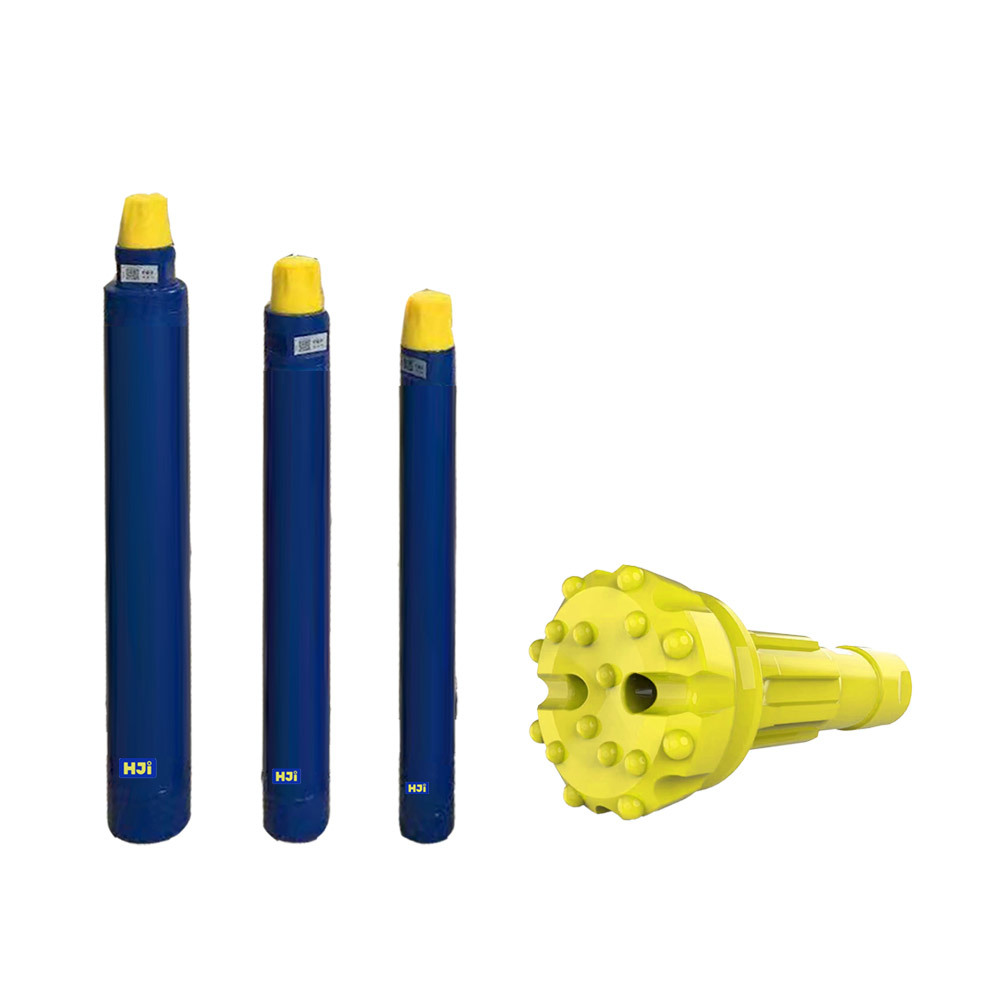Understanding DTH Water Well Drilling Rigs: Key Insights for Professionals
Sep 16,2025

DTH water well drilling rigs, or Down-The-Hole drilling rigs, play a vital role in the extraction of groundwater through efficient drilling techniques. These rigs are specifically designed to penetrate various types of soil and rock formations, making them indispensable in many engineering and construction projects. Understanding the features and benefits of DTH rigs can greatly enhance project efficiency and effectiveness in accessing water resources.
At the core of DTH drilling technology is the use of a high-pressure air supply that powers the hammer located at the end of the drill string. This hammer delivers repeated, powerful blows to the drill bit, enabling it to break through rock and soil rapidly. The primary advantage of this method is its ability to maintain a high rate of penetration, which significantly reduces the time required to reach water-bearing formations. This speed is particularly important in projects where time is critical, such as agricultural developments and urban infrastructure projects.
Another significant benefit of DTH water well drilling rigs is their versatility. These rigs can be adapted to various drilling applications, including shallow and deep well drilling, geothermal applications, and mineral exploration. The ability to drill at different angles and depths further enhances their utility across multiple industries. This adaptability makes them a preferred choice for contractors and engineers who need reliable equipment that can handle a range of environmental conditions.
Moreover, DTH rigs are renowned for their efficiency in terms of both energy usage and cost-effectiveness. By operating on the principle of pneumatic drilling, these rigs reduce the energy required compared to traditional rotary drilling methods. This operational efficiency not only lowers operational costs but also minimizes environmental impact by reducing the carbon footprint of drilling operations.
When considering the implementation of DTH water well drilling rigs in your projects, it's essential to evaluate factors such as the geological conditions, required depth, and the specific water quality needs. Moreover, proper training for operators is crucial to maximize the equipment's potential and ensure safety during operation. Understanding these elements can lead to better decision-making and project outcomes.
In conclusion, DTH water well drilling rigs represent a significant advancement in drilling technology, offering unmatched efficiency, adaptability, and cost savings for professionals in the construction and engineering sectors. Familiarizing yourself with their operation and advantages can empower your projects and enhance your capabilities in accessing vital water resources.
At the core of DTH drilling technology is the use of a high-pressure air supply that powers the hammer located at the end of the drill string. This hammer delivers repeated, powerful blows to the drill bit, enabling it to break through rock and soil rapidly. The primary advantage of this method is its ability to maintain a high rate of penetration, which significantly reduces the time required to reach water-bearing formations. This speed is particularly important in projects where time is critical, such as agricultural developments and urban infrastructure projects.
Another significant benefit of DTH water well drilling rigs is their versatility. These rigs can be adapted to various drilling applications, including shallow and deep well drilling, geothermal applications, and mineral exploration. The ability to drill at different angles and depths further enhances their utility across multiple industries. This adaptability makes them a preferred choice for contractors and engineers who need reliable equipment that can handle a range of environmental conditions.
Moreover, DTH rigs are renowned for their efficiency in terms of both energy usage and cost-effectiveness. By operating on the principle of pneumatic drilling, these rigs reduce the energy required compared to traditional rotary drilling methods. This operational efficiency not only lowers operational costs but also minimizes environmental impact by reducing the carbon footprint of drilling operations.
When considering the implementation of DTH water well drilling rigs in your projects, it's essential to evaluate factors such as the geological conditions, required depth, and the specific water quality needs. Moreover, proper training for operators is crucial to maximize the equipment's potential and ensure safety during operation. Understanding these elements can lead to better decision-making and project outcomes.
In conclusion, DTH water well drilling rigs represent a significant advancement in drilling technology, offering unmatched efficiency, adaptability, and cost savings for professionals in the construction and engineering sectors. Familiarizing yourself with their operation and advantages can empower your projects and enhance your capabilities in accessing vital water resources.








